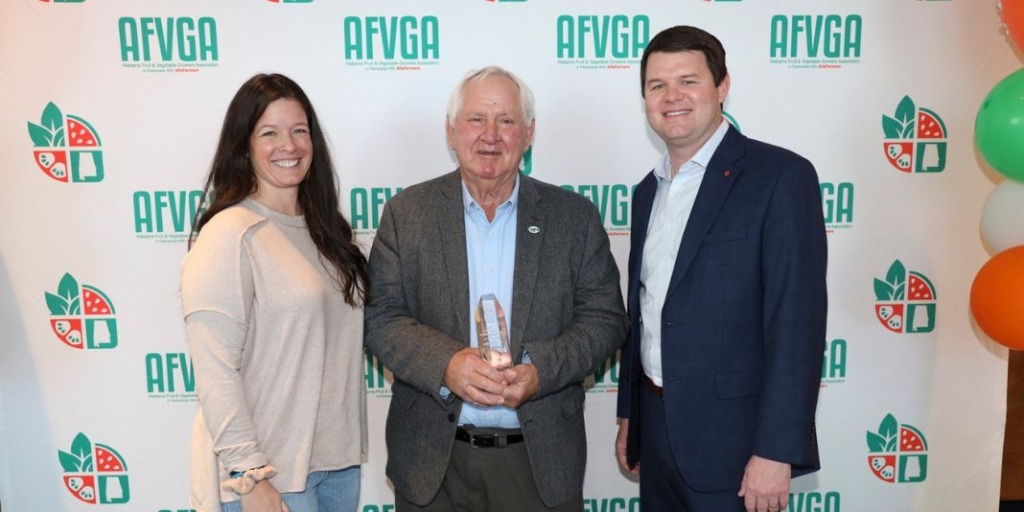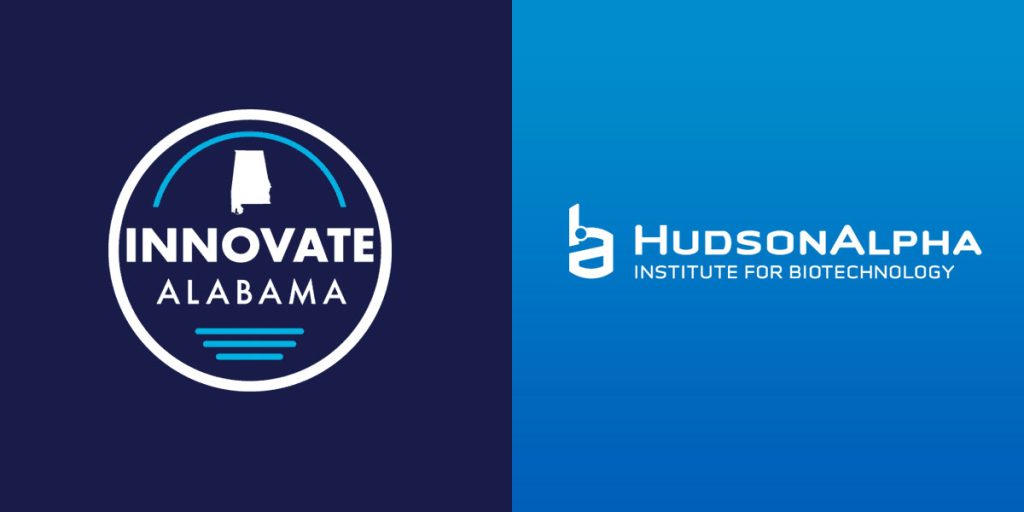HUNTSVILLE — A proposal on revitalizing rural economies led by the HudsonAlpha Institute for Biotechnology is a finalist in the U.S. National Science Foundation Regional Innovation Engines program.
The NSF announced HudsonAlpha’s BRIDGES Engine proposal has advanced as a finalist in the program. Co-leads in the BRIDGES Engine are Auburn University and the University of Tennessee.

“Moving forward to the final round in the competition is a recognition of the dedication and innovation of the team behind BRIDGES, a coalition of more than 80 partners across industry, academia, and communities,” said Sam Jackson, PhD, HudsonAlpha’s director for the BRIDGES Engine. “NSF recognizes the strength of the plans we have proposed to drive lasting economic development across rural Alabama and Tennessee.”
Of the more than 300 entries that began the process, BRIDGES is now one of just 15 teams selected as finalists. Finalist proposals cover topics including critical technologies and applications ranging from enhancing energy grid security to maximizing the yield of critical minerals mining extraction to advancing quantum computing.
The team has been building a growing regional coalition for over two years. BRIDGES seeks to revitalize rural economies across the southeastern U.S. by growing specially developed agricultural grasses on low productivity farmland and transforming them into high-demand products, such as compostable packaging, car parts and construction materials.
“The BRIDGES Engine is a tremendous opportunity to further strengthen our rural economies by focusing the latest technological advancements from agricultural and manufacturing sectors to benefit critically important industries in the region,” said Steve Taylor, PhD, Auburn University senior vice president for research and economic development.
Expanding this initiative promises to build industries, create high-quality jobs and unlock new revenue streams for farmers and local communities.
“The University of Tennessee is excited to work with HudsonAlpha and Auburn University on this CBS endeavor,” said Keith Carver, senior vice chancellor and senior vice president of the UT Institute of Agriculture. “The research, teaching and outreach mission of UT and Auburn, both land-grant universities, aligns perfectly with the goals of the economic engine.
“Together, we can make this a positive, transformative change for the region.”
During the final stage of the competition, NSF will conduct a two-day site visit to the region to meet the BRIDGES team, review plans for use-inspired research and regional economic impact, and see the support the Engine has in the region.
NSF anticipates announcing the teams that earn an NSF Innovation Engine award in 2026.
To date, the NSF Engines program has seen a tenfold return on taxpayers’ dollars. An initial investment of $135 million across nine NSF Engines has garnered more than $1 billion in matching commitments from private industry, philanthropy and state and local governments.
This next round of NSF Engines will soon follow the initial investments, creating new innovation ecosystems across the U.S. The NSF Engines are intended to help ensure the U.S. remains globally competitive in key technology areas for decades to come.
To learn more about the BRIDGES Engine program, visit bridgesengine.org.










